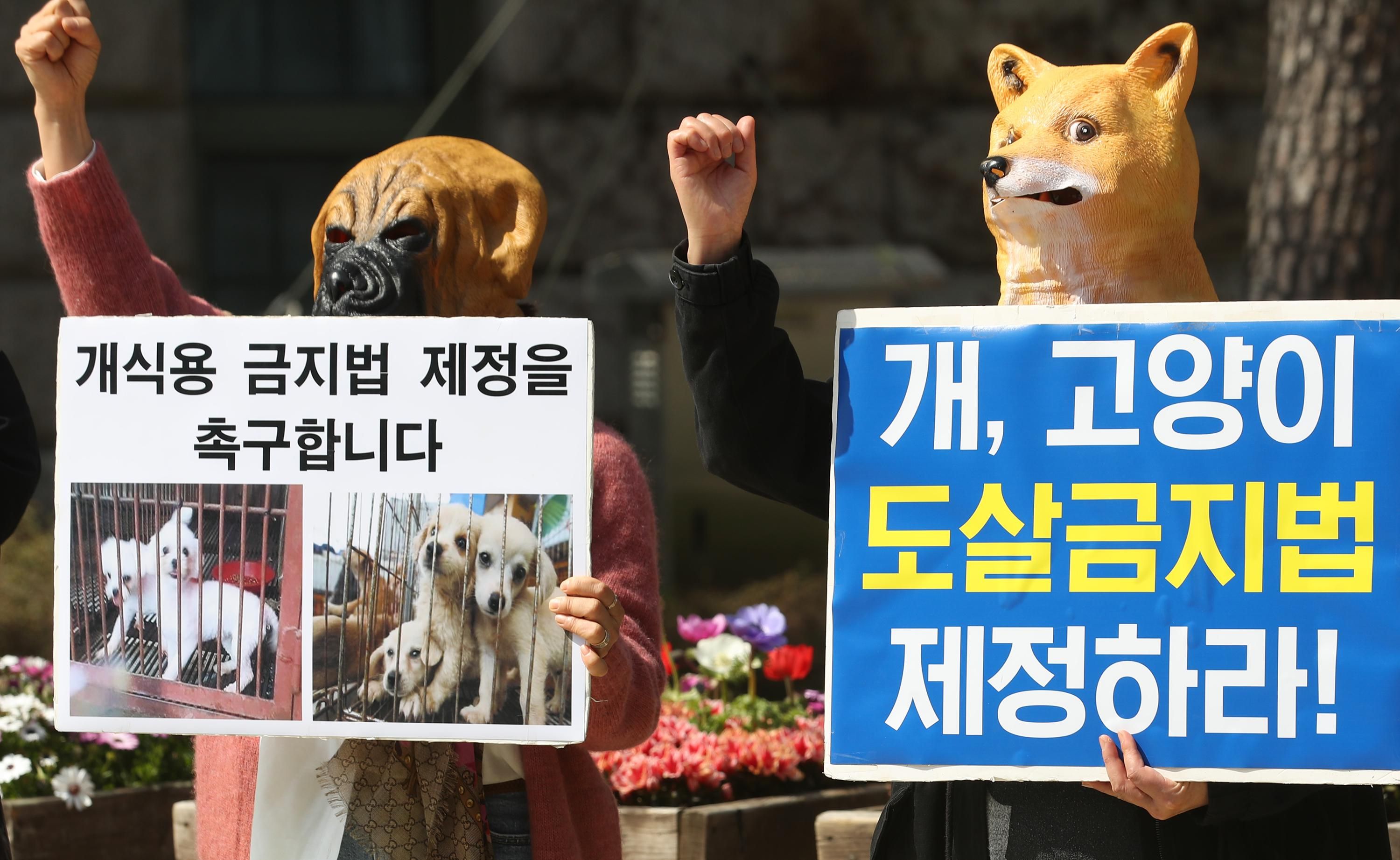News
September 28, 2021
27: South Korea is considering a ban on dog meat consumption as pet ownership grows in the country, with some 27 percent of Korean homes now owning pets, mostly dogs. To date, President Moon Jae-in, a dog lover, had been somewhat reluctant to end the meat trade because of pushback from the industry.
5:Five people were killed in an attack by armed groups in a rural town in southwest Colombia. Some five years after the government signed a peace deal with the FARC militant group, the agreement remains fractious in many rural cities, where drug-fueled gang violence runs rampant.
22: While Western EU member states have seen a massive uptake of COVID vaccines, those from Eastern Europe are lagging way behind. Bulgaria has the lowest vaccination rate with just 22 percent of people fully inoculated despite having access to the bloc's vast bank of vaccine supplies. Romania is the second least vaccinated EU member state at just 33 percent.
60: Philippine President Rodrigo Duterte has accepted his party's nomination to run for VP in the 2022 election, but some 60 percent of Filipinos think the move is unconstitutional. Some legal experts say that the Constitution doesn't outright prohibit a sitting president from becoming VP, but it "goes against the spirit" of the document.
More For You
Ian Bremmer sits down with former US Ambassador to NATO Ivo Daalder to unpack a historic shift in the transatlantic alliance: Europe is preparing to defend itself without its American safety net.
Most Popular
Think you know what's going on around the world? Here's your chance to prove it.
U.S President Donald Trump, U.S. Vice President JD Vance, and U.S. Secretary of State Marco Rubio pose for a family photo with other representatives participating in the inaugural Board of Peace meeting, at the U.S. Institute of Peace in Washington, D.C., U.S., February 19, 2026.
REUTERS/Kevin Lamarque
Argentina, Armenia, Belarus, Egypt, Indonesia, Jordan, Pakistan, Paraguay, Vietnam – to name only a few.
A poster featuring Andrew Mountbatten-Windsor, formerly known as Prince Andrew, is installed on a sign leading to the parking area of the Sandringham Estate in Wolferton, as pressure builds on him to give evidence after the U.S. Justice Department released more records tied to the late financier and convicted sex offender Jeffrey Epstein, in Norfolk, Britain, February 5, 2026.
REUTERS/Isabel Infantes
British police arrested former Prince Andrew Mountbatten-Windsor today over allegations that in 2010, when he was a UK trade envoy, he shared confidential government documents with convicted sex offender Jeffrey Epstein.
© 2025 GZERO Media. All Rights Reserved | A Eurasia Group media company.
